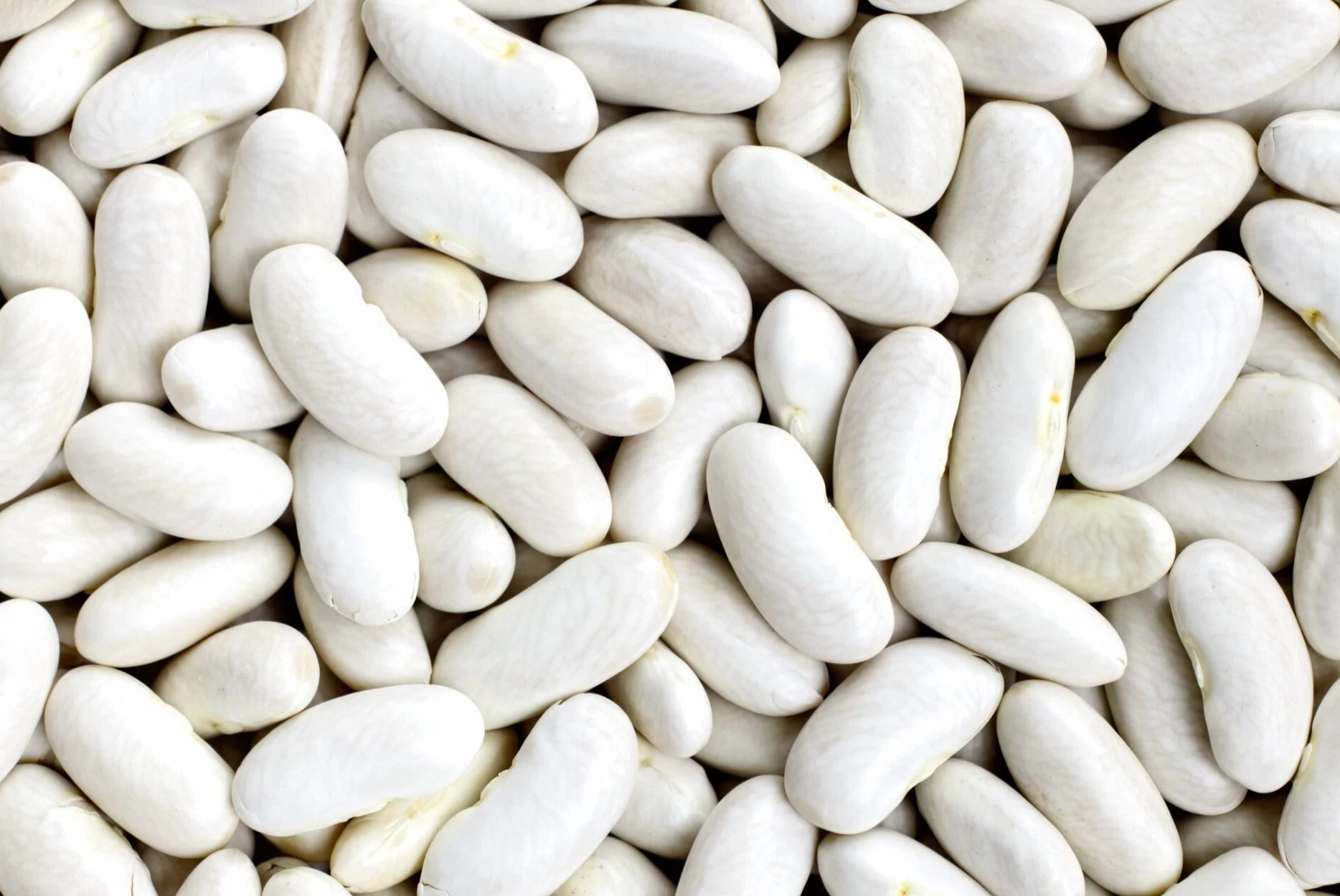
Ever heard of the Fayot bean? This little legume packs a punch in both flavor and nutrition. Originating from France, these beans are often used in traditional dishes like cassoulet. But what makes them so special? Fayot beans are not only delicious but also rich in protein, fiber, and essential vitamins. They can help improve digestion, support heart health, and even stabilize blood sugar levels. Whether you're a seasoned chef or a home cook, adding these beans to your pantry can elevate your meals. Ready to learn more? Let's dive into 20 fascinating facts about this versatile bean!
Key Takeaways:
- Fayot beans, also known as flageolet beans, are small, tender legumes with a delicate flavor and creamy texture. They are high in protein, fiber, and essential vitamins, making them a nutritious addition to your diet.
- Versatile in the kitchen, fayot beans can be used in soups, salads, and even pureed into a creamy dip. They are also a key ingredient in traditional French dishes like cassoulet. If you have a green thumb, you can even grow your own fayot beans in cooler climates with well-drained soil.
What Are Fayot Beans?
Fayot beans, also known as flageolet beans, are small, tender legumes often used in French cuisine. These beans are prized for their delicate flavor and creamy texture. Let's dive into some fascinating facts about these versatile beans.
-
Fayot beans are a type of kidney bean. Despite their small size, they belong to the same family as the larger kidney beans.
-
They are often pale green. While most beans are white or brown, fayot beans have a unique pale green color that makes them stand out.
-
Originated in France. These beans are a staple in French cooking, particularly in dishes like cassoulet.
-
Harvested before maturity. Fayot beans are picked while still young, which contributes to their tender texture.
-
High in protein. Like other legumes, fayot beans are an excellent source of plant-based protein.
Nutritional Benefits of Fayot Beans
Fayot beans are not just tasty; they are also packed with nutrients. Here are some health benefits you might not know about.
-
Rich in fiber. These beans help in digestion and can keep you feeling full longer.
-
Low in fat. Fayot beans are a great option for those looking to reduce their fat intake.
-
Contain essential vitamins. They are a good source of vitamins like B6 and folate.
-
High in minerals. Fayot beans provide essential minerals such as iron, magnesium, and potassium.
-
Good for heart health. The combination of fiber, protein, and essential nutrients makes them beneficial for cardiovascular health.
Cooking with Fayot Beans
Fayot beans are incredibly versatile in the kitchen. Here are some interesting ways to use them in your cooking.
-
Perfect for soups and stews. Their creamy texture makes them ideal for hearty dishes.
-
Great in salads. Add them to salads for a protein boost and a unique flavor.
-
Can be pureed. Use them to make a creamy bean dip or spread.
-
Pair well with herbs. Fayot beans complement herbs like thyme, rosemary, and bay leaves.
-
Used in traditional French dishes. They are a key ingredient in cassoulet, a classic French casserole.
Growing Fayot Beans
If you have a green thumb, you might be interested in growing your own fayot beans. Here are some tips to get you started.
-
Prefer cool climates. These beans grow best in cooler temperatures.
-
Need well-drained soil. Ensure the soil is well-drained to prevent root rot.
-
Require regular watering. Keep the soil consistently moist but not waterlogged.
-
Harvest when young. Pick the beans while they are still tender for the best flavor.
-
Can be grown in containers. If space is limited, fayot beans can be successfully grown in pots or containers.
Final Thoughts on Fayot Beans
Fayot beans, also known as flageolet beans, pack a punch in nutrition and versatility. These small, pale green beans are rich in protein, fiber, and essential vitamins. They’re a staple in French cuisine, often found in stews, salads, and side dishes. Their mild flavor and creamy texture make them a favorite among chefs and home cooks alike.
Growing fayot beans is relatively easy, requiring well-drained soil and plenty of sunlight. They’re also a sustainable crop, enriching the soil with nitrogen. Whether you’re a seasoned gardener or just starting, these beans are a great addition to your garden.
Incorporating fayot beans into your diet can boost your health while adding variety to your meals. So next time you’re at the market, grab a bag of these nutritious beans and get cooking!
Frequently Asked Questions
Was this page helpful?
Our commitment to delivering trustworthy and engaging content is at the heart of what we do. Each fact on our site is contributed by real users like you, bringing a wealth of diverse insights and information. To ensure the highest standards of accuracy and reliability, our dedicated editors meticulously review each submission. This process guarantees that the facts we share are not only fascinating but also credible. Trust in our commitment to quality and authenticity as you explore and learn with us.


